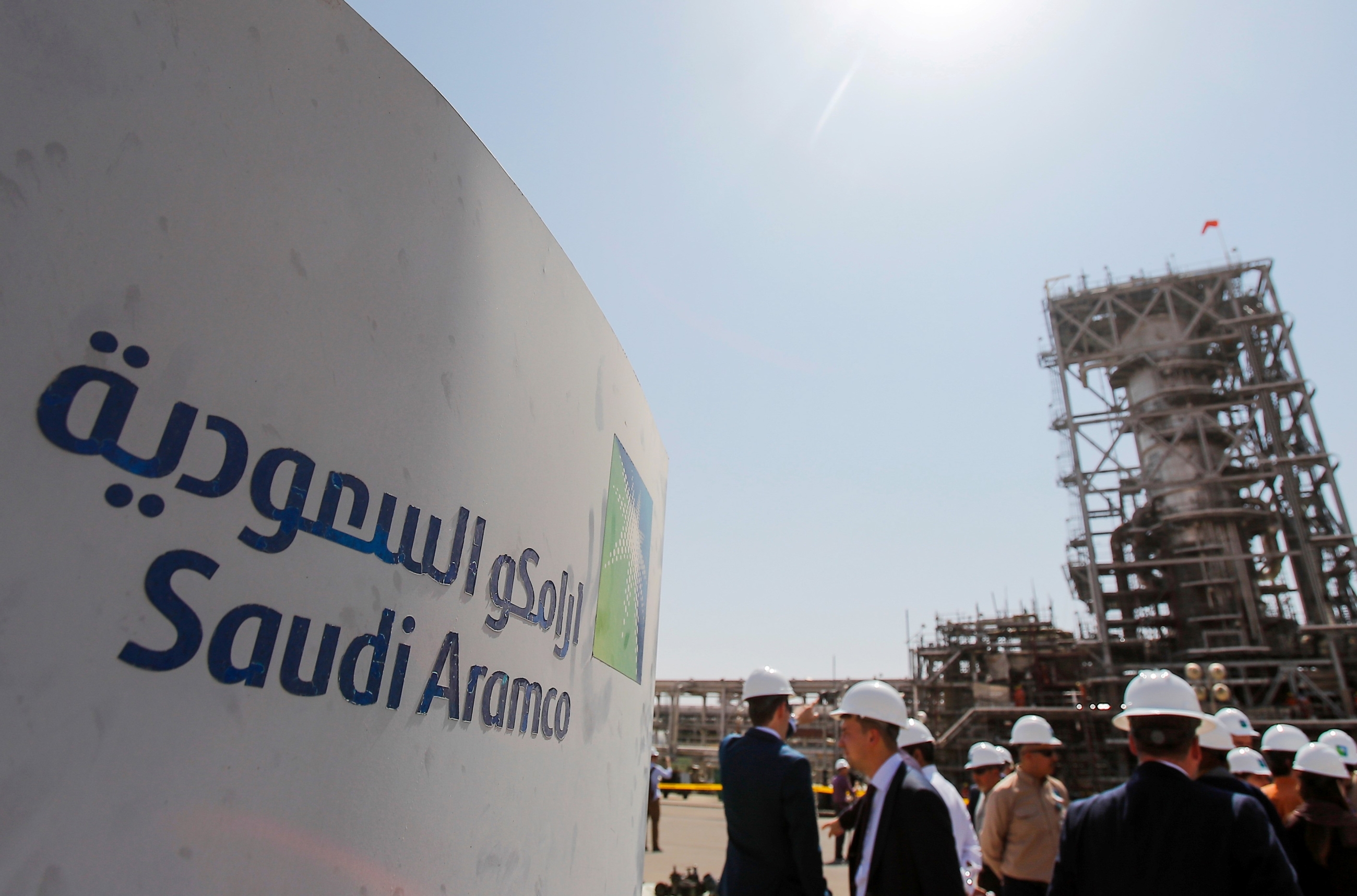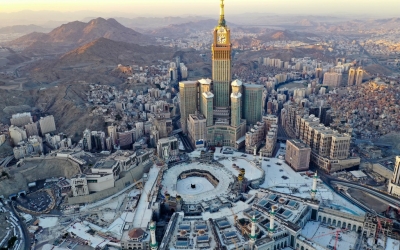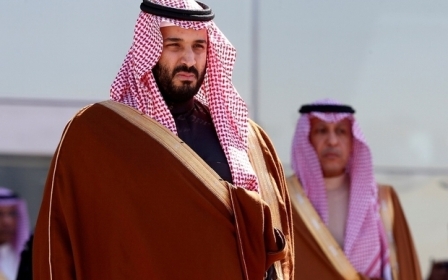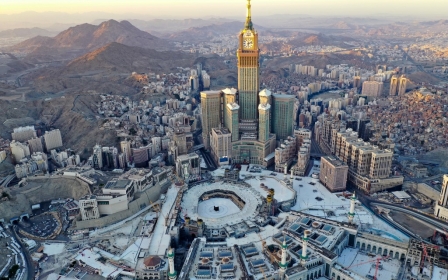Saudi Aramco profits slump 25 percent amid oil price and coronavirus shocks

Energy giant Saudi Aramco posted a 25 percent slump in first-quarter profit on Tuesday and said the coronavirus crisis, which helped trigger a crash in oil prices, would weigh heavily on demand in the year ahead.
Aramco was listed on the Saudi stock market in December following a historic $29.4bn initial public offering (IPO), the world's largest, but since then has faced a torrid environment.
Oil prices slumped to nearly two-decade lows in March, losing almost two thirds of their value as the coronavirus pandemic sent the world into recession.
Prices plummeted further in April amid a price war between Russia and Saudi Arabia as the major producers scrambled to secure market share.
"The Covid-19 crisis is unlike anything the world has experienced in recent history and we are adapting to a highly complex and rapidly changing business environment," Aramco chief executive Amin Nasser said in a statement.
Aramco said that a steep decline in global demand for energy and fall in prices caused by the pandemic would undermine its full-year results.
"Longer term we remain confident that demand for energy will rebound as global economies recover," Nasser said.
The world's largest listed firm posted a net profit of 62.5 billion riyals ($16.66bn) in the three months to March, compared to $22.2bn a year earlier.
The company, which is headquartered in the eastern city of Dhahran, said the drop in earnings mostly reflected a decline in crude oil prices, as well as shrinking margins in the refining and chemicals businesses.
Price war truce
During the price war in April, Saudi oil production soared to a record 12.3 million barrels per day, pushing stockpiles to unsustainably high levels and causing chaos on global oil markets.
Prices for benchmark West Texas Intermediate dipped below zero for the first time as abundant supplies wiped out storage capacity in the United States.
Last month, it was reported that US President Donald Trump had given Saudi Crown Prince Mohammed bin Salman, the kingdom's de facto leader, an ultimatum to end his oil price war with Russia.
In a 2 April phone call, Trump told the crown prince that unless Opec started cutting oil production, he would be unable to stop lawmakers from passing legislation to withdraw US troops from Saudi Arabia, four sources familiar with the matter told Reuters.
Ten days later, Opec, Russia, and other oil-producing nations agreed to cut output by a record amount, representing about 10 percent of global supply
Austerity measures
The coronavirus lockdowns, which have kept billions of people in their homes in order to contain the pandemic, have sapped global demand by more than 20 million bpd.
On Monday, Riyadh announced it would cut output by more than it had pledged last month, shaving an additional one million bpd - providing markets with a much-needed boost as the world economy cautiously emerges from the shutdown.
The move means that in June, Aramco production will drop to 7.5 million bpd, its lowest level since mid-2002, according to analysts.
Aramco said on Tuesday that its first-quarter revenues were calculated on the basis of an average production of 9.8 million barrels per day and an average oil price of $51.8 a barrel.
However, factoring in the cuts in May and June, profits in the coming quarters are likely to plummet, meaning that Saudi state revenues, which heavily rely on Aramco results, will take a substantial hit.
The kingdom, which has posted a budget deficit since 2014, resorted to austerity measures on Monday, tripling value-added tax to 15 percent, delaying or cancelling projects, and suspending citizens' cost-of-living allowance.
The cuts risk stoking public resentment over an already high cost of living and demands for greater scrutiny of major projects such as the proposed purchase of English Premier League football club Newcastle United.
Despite Tuesday's figures missing analyst estimates, Aramco's quarterly dividend was still in line with a plan for a $75bn payout for the year.
However, Yousef Husseini, an analyst EFG Hermes, told Reuters that though there was no change to the dividend policy in the first quarter, he still expects the share of the dividend paid to the government, which remains the biggest shareholder, will be reduced.
Industry reeling
Almost all global energy giants, including Exxon Mobil, Chevron and BP, have reported huge losses in the first quarter.
Aramco, which is responsible for the stewardship of Saudi's huge energy reserves, has relied on its extremely low production costs to remain profitable.
The company said however that capital spending will be trimmed this year, in a range between $25bn and $30bn, down from $32.8bn in 2019.
Since the start of the year, Aramco shares have lost 11.2 percent and its current market value stands at $1.67 trillion, way down from levels of just over $2 trillion that it hit soon after listing.
Investors appeared to brush off the drop in profits on Tuesday as Aramco's share price closed the day up 1.3 percent at 31.30 riyals but still trading below the IPO price of 32 riyals.
Middle East Eye delivers independent and unrivalled coverage and analysis of the Middle East, North Africa and beyond. To learn more about republishing this content and the associated fees, please fill out this form. More about MEE can be found here.






